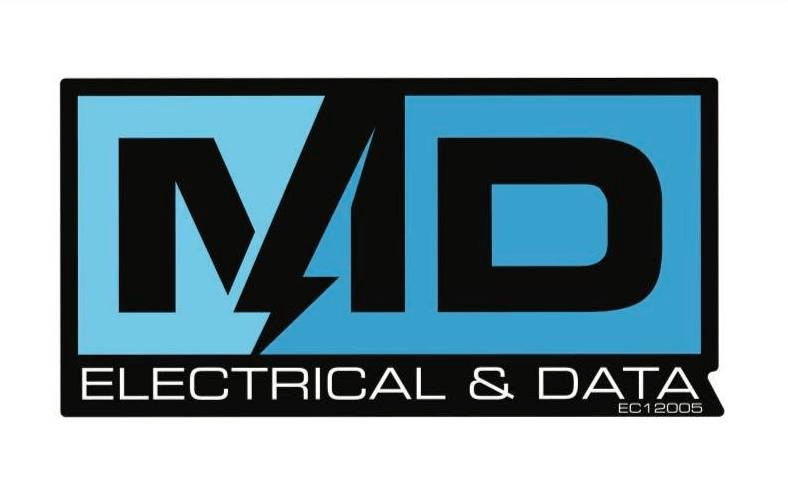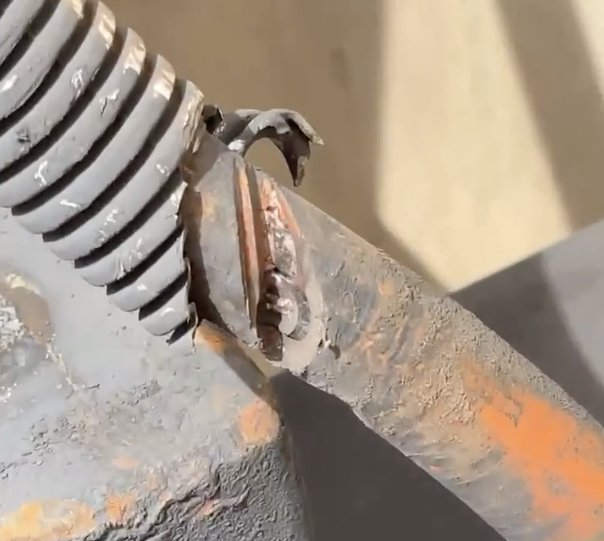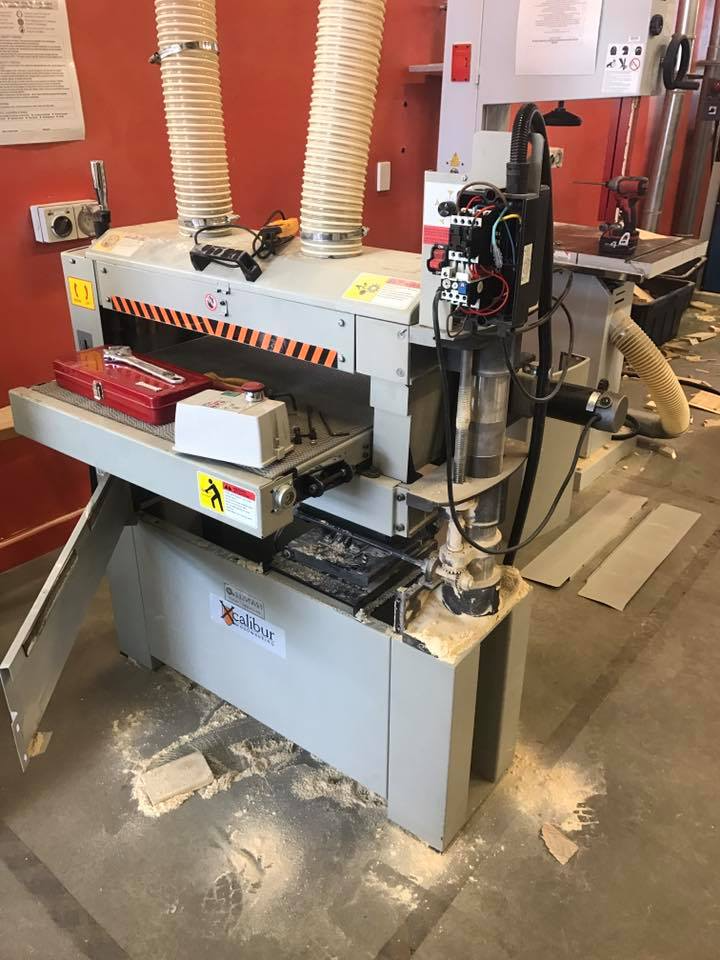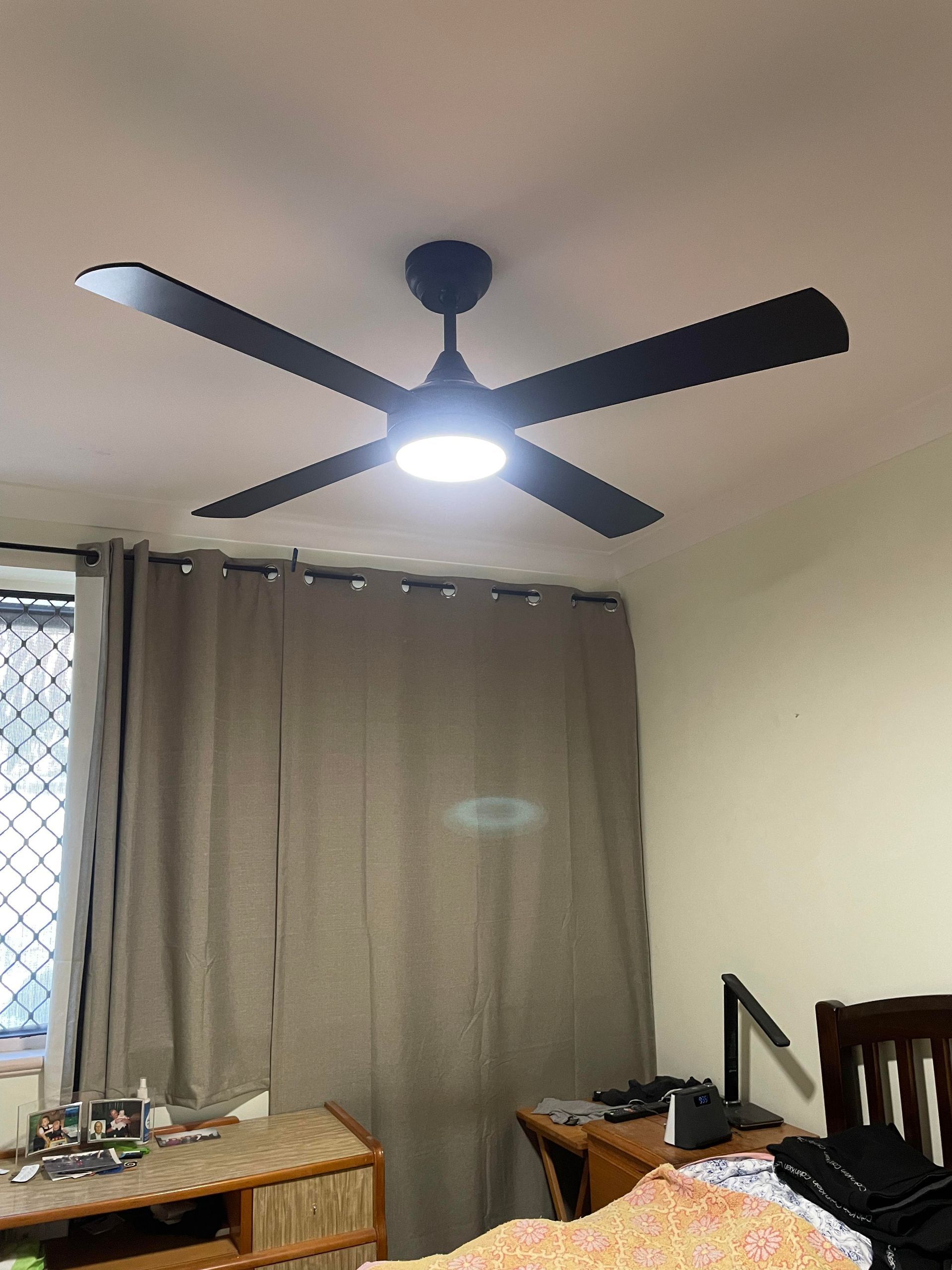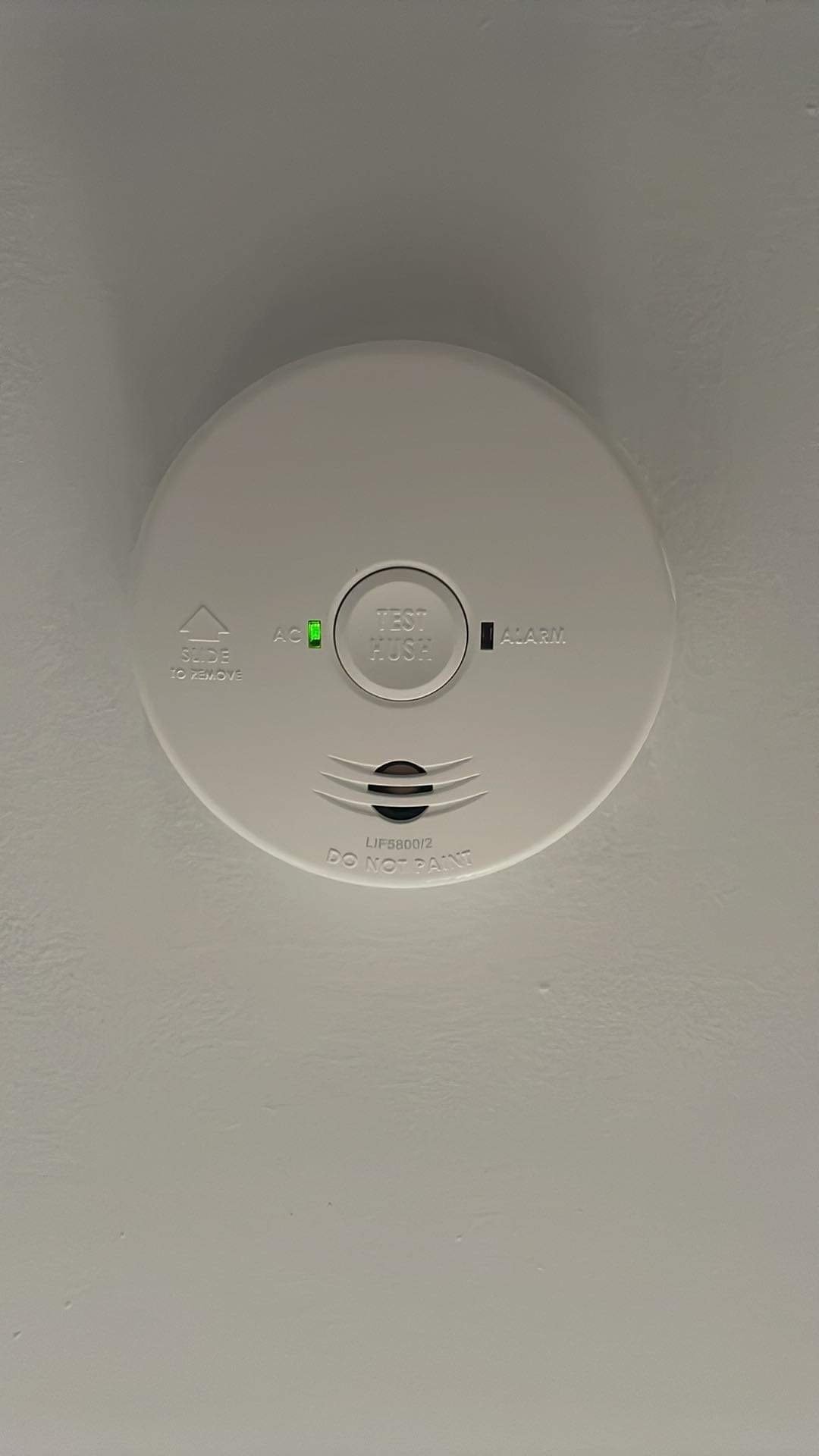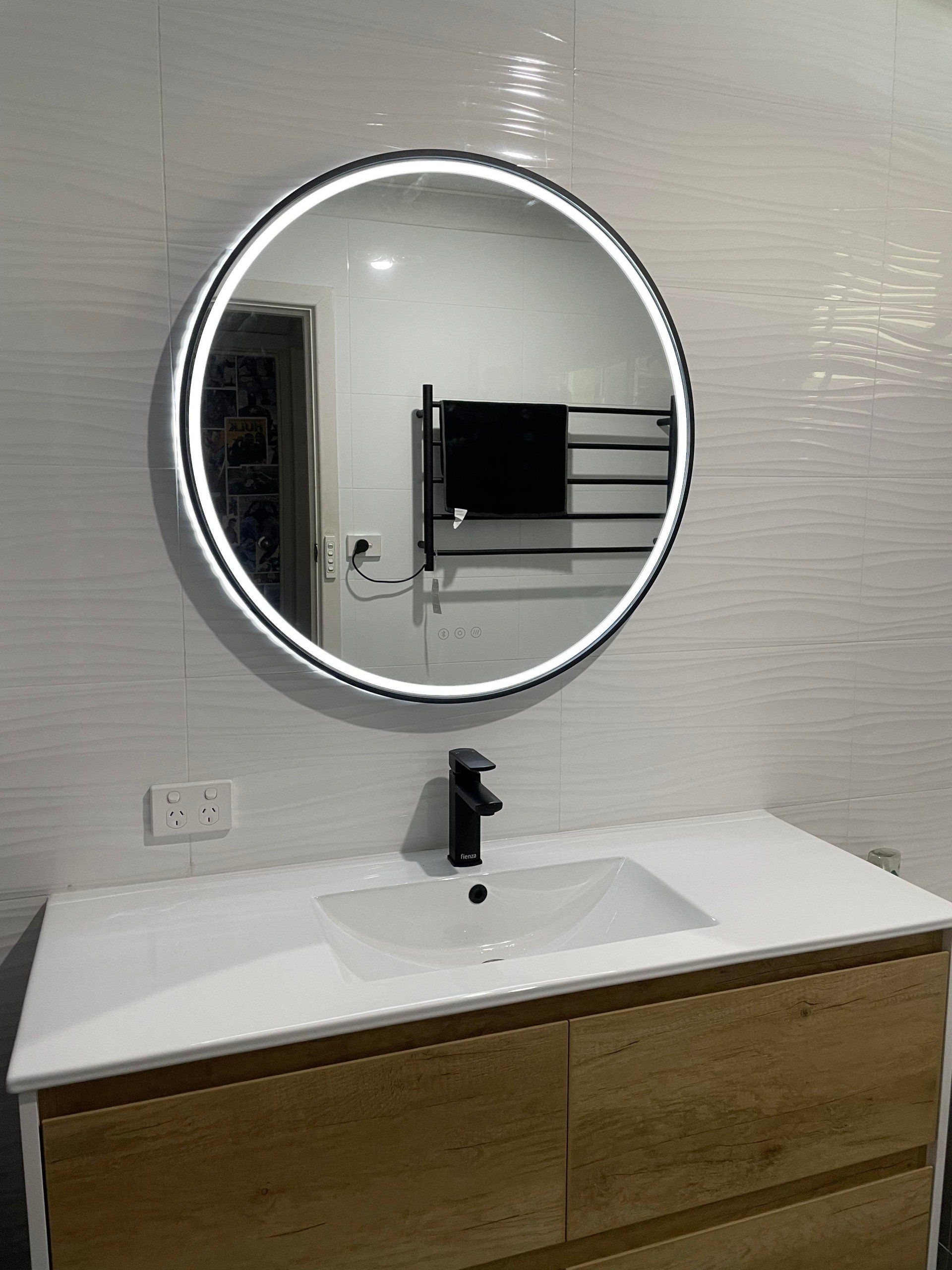how often do electrical leads need to be tested in Perth, WA Australia
How Often Should You Test Electrical Leads in Perth?
In Perth, Western Australia, the frequency at which electrical leads need to be tested depends on the specific regulations and guidelines that apply to the workplace or industry in question.
The general Australian standard for electrical safety in the workplace is AS/NZS 3760:2010, which provides guidelines for the testing and tagging of electrical equipment. According to this standard, portable electrical equipment including leads should be inspected and tested at intervals depending on the type of equipment and the environment in which it is used.
For example, leads used in a hostile or industrial environment should be tested every 6 months, while leads used in a construction environment should be tested every 3 months. For leads used in a commercial environment, the recommended interval is every 12 months.
However, it's important to note that these are general guidelines, and the specific testing and inspection requirements may vary depending on the workplace or industry. It's always best to consult with a qualified electrical contractor or inspector to determine the appropriate testing and inspection schedule for your particular situation
Why should you have your electrical equipment tested in Australia?
Electrical equipment is an essential part of many businesses and industries in Australia. Whether you're running a factory, an office, or a construction site, you likely rely on a range of electrical equipment to keep your operations running smoothly. However, it's important to remember that electrical equipment can be dangerous if it's not properly maintained and tested.
In Australia, there are strict regulations and guidelines in place to ensure that electrical equipment is safe for use. One of the key requirements is that electrical equipment must be regularly tested and tagged by a qualified professional.
So why should you have your electrical equipment tested in Australia? Here are a few reasons:
- Compliance with regulations: As mentioned, there are strict regulations and guidelines in place that require electrical equipment to be tested and tagged at regular intervals. By having your equipment tested, you can ensure that you are complying with these regulations and avoiding potential fines or legal issues.
- Safety for employees and customers: Faulty electrical equipment can be extremely dangerous, causing electrocution, fires, or other hazards. By having your equipment tested, you can identify any potential issues and take steps to address them, ensuring the safety of your employees and customers.
- Prevention of downtime: Electrical equipment that fails unexpectedly can cause significant downtime, which can be costly for your business. By having your equipment regularly tested and maintained, you can prevent unexpected failures and keep your operations running smoothly.
- Improved lifespan of equipment: Regular testing and maintenance can also help to extend the lifespan of your electrical equipment, reducing the need for costly replacements and repairs.
In summary, having your electrical equipment tested in Australia is a critical part of ensuring the safety of your employees and customers, complying with regulations, preventing downtime, and extending the lifespan of your equipment. Contact a qualified electrical contractor or inspector to schedule a testing and maintenance program for your business today.

